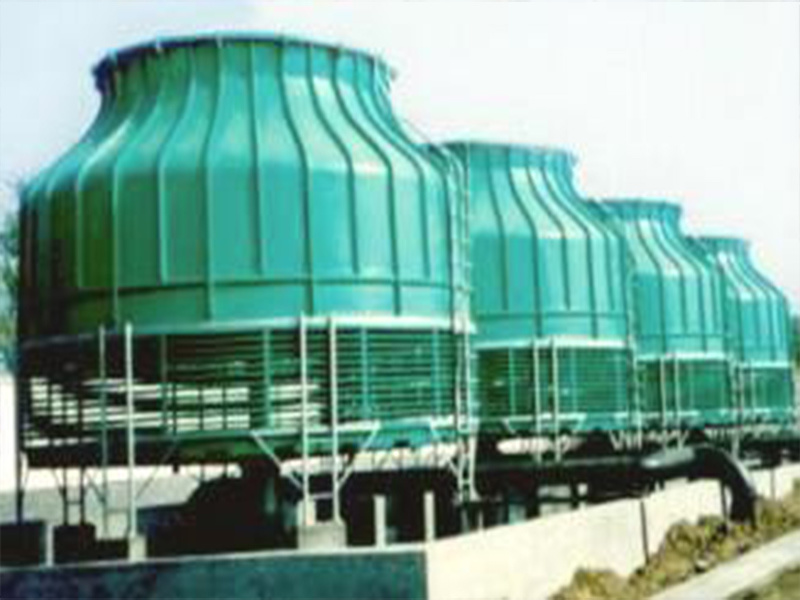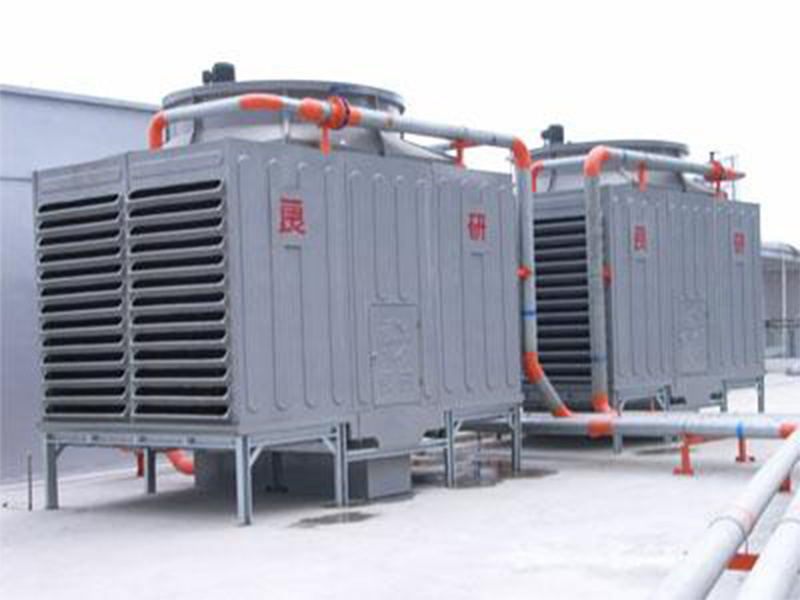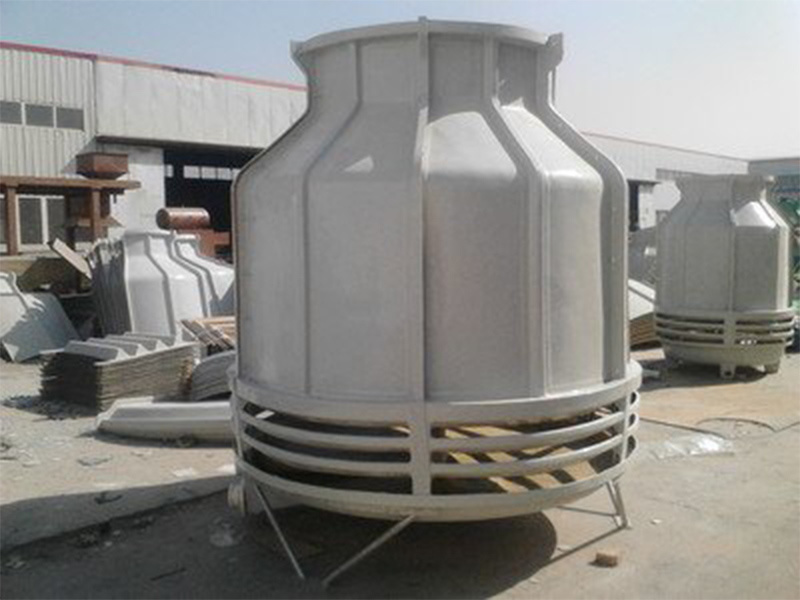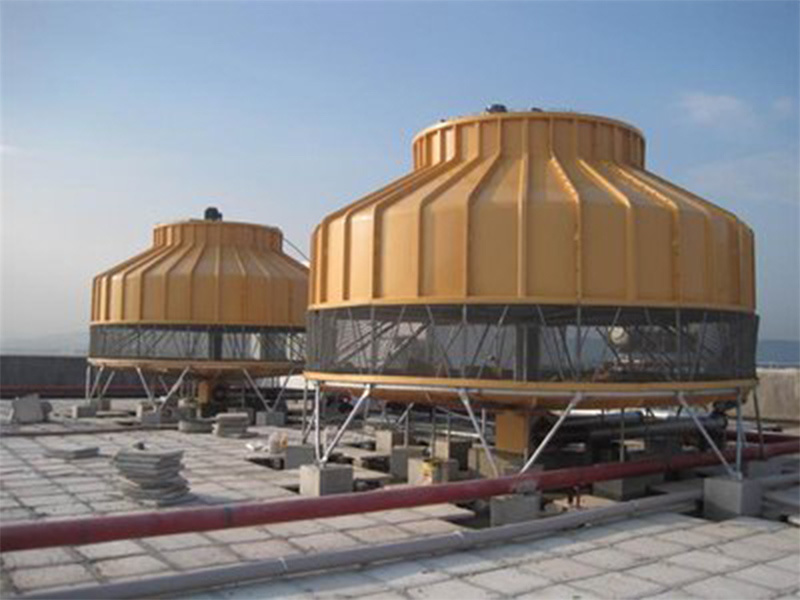Application of metallurgy
Metallurgy is a discipline that studies the smelting, refining, processing and modification of metals and their alloys in the production process. It relates to the physical properties of metals, chemical properties and metal-related process technology and other fields. As an important engineering technology subject, metallurgy is of great significance for promoting social and economic development, improving production efficiency and product quality.
The core task of metallurgy is to study the preparation and processing technology of metal materials to meet people's needs for different metal materials. Metallurgists explore a series of feasible metallurgical technology by studying the knowledge of metal structure, phase change law, physical properties, etc., so as to achieve the goal of metal purification, alloying, plastic processing and so on.
In metallurgy, smelting is an important process. Smelting refers to the process of separating useful metal elements from ores by physical or chemical methods. Common smelting methods are fire smelting, wet smelting, electrolysis smelting and so on. Pyrosmelting is the use of high temperature to reduce the metal elements in the ore, wet smelting is the separation of metal elements by dissolution and precipitation, and electrolysis smelting is the use of the principle of electrolysis to reduce metal ions into metals.
In the process of smelting, the melting of metal is an important link. The melting temperature of metal depends on its characteristics, common metals such as iron, aluminum, copper, etc., have a relatively low melting point, which can be melted by heating. And for high melting point metals such as tungsten, steel, etc., need to use high temperature furnace for melting.
In addition to smelting, metallurgy is concerned with the processing and modification of metal materials. Metal processing refers to the process of transforming the shape and improving the performance of metal materials by forging, rolling, drawing, etc. The modification of metal refers to changing the structure and properties of the metal through alloying, heat treatment, surface treatment and other methods, so that it has better mechanical properties, corrosion resistance and other characteristics.
Metallurgy has a wide range of applications. It intersects with engineering, materials science, chemistry and other disciplines, and plays an important role in the metallurgical industry, aerospace, construction, energy, transportation and other fields. The development of metallurgy is of great significance for promoting social and economic progress, improving product quality and resource utilization efficiency. With the progress of science and technology, metallurgy will continue to develop and provide better metal materials for people to create a better life.
Latest information
2023-04-25






